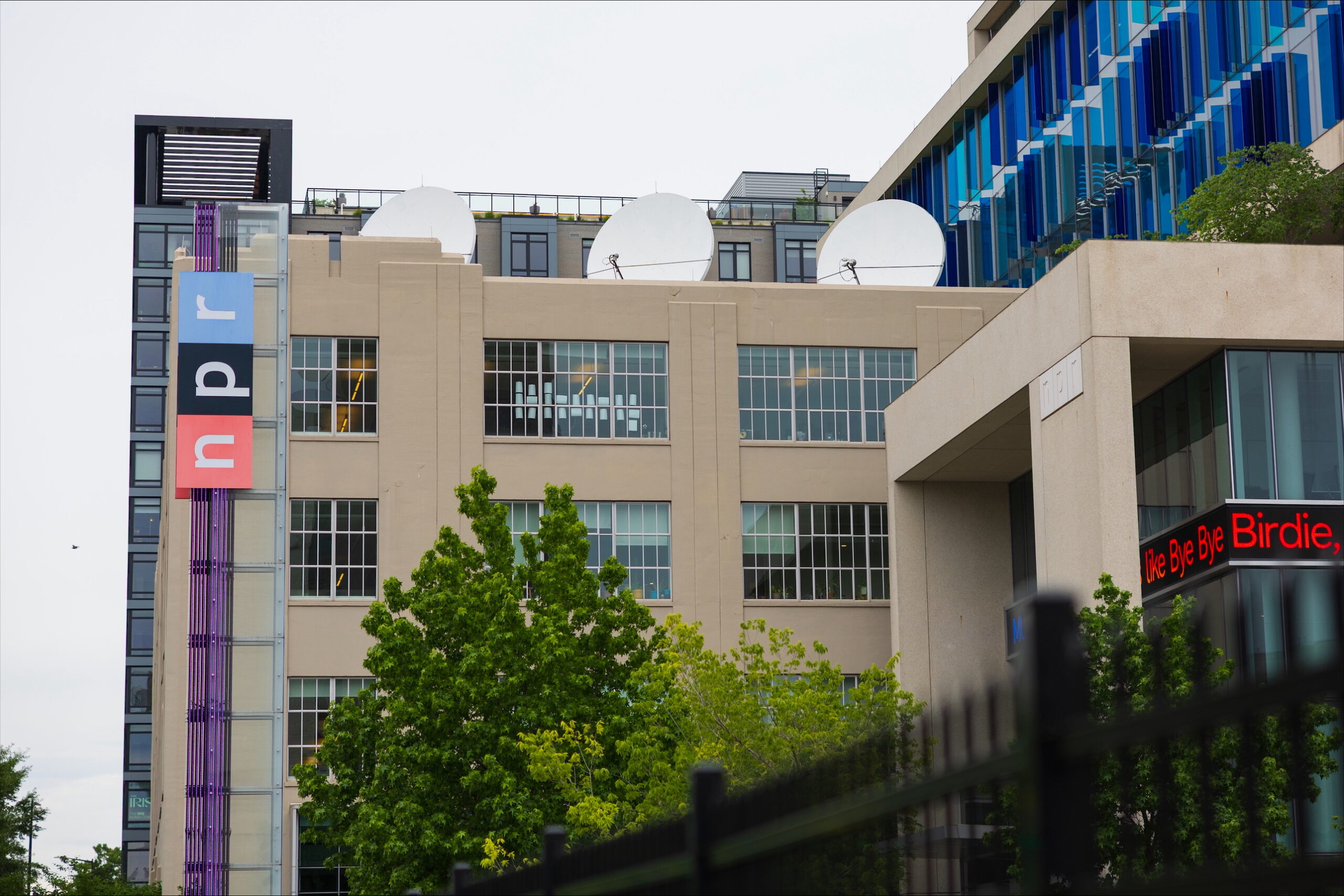Press Release
Memo to Reporters: Common Cause Filibuster Lawsuit Returns to Federal Appeals Court Tuesday
Related Issues
Knowing of your interest in the rules of the U.S. Senate, and the filibuster rule (Rule 22) in particular, I wanted to update you on Common Cause v. Biden, Common Cause’s lawsuit challenging the constitutionality of the filibuster.
A three-judge panel of the U.S. Court of Appeals for the D.C. Circuit (Judges Henderson, Williams and Randolph) has scheduled arguments on the case for Tuesday, Jan. 21 at 9:30 am. The court is located in the E. Barrett Prettyman Courthouse, 333 Constitution Ave., NW, Washington, DC 20001. The hearing is expected to last about one hour.
As you know, the Senate changed the applicability of the filibuster rule’s 60-vote requirement in November, setting a precedent that only a simple majority of senators – 51 votes – is required to confirm presidential nominees (except those nominated to be justices of the Supreme Court). The filibuster rule’s 60-vote requirement remains in place for all legislation however and Common Cause’s legal challenge to its constitutionality continues in federal court.
Filed in May 2012, the case seeks:
* A ruling that portions of Rule 22 requiring a supermajority to open or close debate on bills are unconstitutional.
* A ruling that and a two-thirds vote to open or close debate on amendments to the rules also is unconstitutional.
* Secondarily, and in the alternative, a declaration by the court that Senate Rule 5 is unconstitutional to the extent it prohibits the Senate from amending other rules by majority vote.
In addition to Common Cause, plaintiffs include four members of the House of Representatives — Reps. John Lewis, Keith Ellison, Michael Michaud, and Hank Johnson — and three potential beneficiaries of the DREAM Act, one of the hundreds of bills blocked in the Senate in recent years by the minority’s use of the filibuster rule.
The scheduled Jan. 21 hearing is on an appeal filed by Common Cause and our co-plaintiffs after the original complaint was dismissed in U.S. District Court in December 2012. In the lower court, Judge Emmet G. Sullivan ruled that the plaintiffs lacked standing to sue and that a decision overturning the rule “would require an invasion into internal Senate processes at the heart of the Senate’s constitutional prerogatives as a House of Congress.”
The spectacular growth in the use of filibusters by senators in the minority, currently Republicans, has been well documented. The chart below details the over-100% increase in the filing of cloture motions since just 2006, and the rise in cloture motions since the adoption of Rule 22. The chart does not include “stealth” filibusters that take place without any attempt at cloture and exist by mere threat. The filibuster no longer extends due deliberation – rather, it is a favorite tool of senators to obstruct debate in the first place. A 60-vote threshold is no longer the exception to the rule, but the rule itself.
Common Cause’s brief to the DC Circuit contends that the filibuster violates the principle of majority rule, which was embraced by the Constitution’s drafters. They specified that only the presence of a simple majority of each house is necessary to constitute a “Quorum to do Business” (Art. I, § 5) and that only a majority of a quorum is required to “pass” a bill (Art. I, § 7, cl. 2) or resolution (Art. I, § 7, cl. 3). 7he Constitution includes only six exceptions to the general principle of majority rule, including conviction of the President or members of the judiciary in an impeachment trial(two-thirds vote required) and ratifying treaties (two-thirds required). In other words, the drafters considered, but rejected, supermajority requirements except where otherwise enumerated.
Because Article 1 of the Constitution gives each house of Congress exclusive authority to make its own rules, one key issue in the case is whether any court can declare any of those rules unconstitutional. Judge Sullivan concluded that the constitutionality of the filibuster is a “political question” that can be decided only within the legislative branch of government.
Common Cause contends, however, that the scope of the Senate’s rulemaking power is necessarily a legal question that courts are empowered to decide. While the Senate may adopt its own rules, those rules cannot themselves be unconstitutional. Moreover, Common Cause’s brief cites four cases in which the Supreme Court exercised jurisdiction over and ruled on the merits of challenges to either the constitutionality or the validity of interpretations of rules of both the House and the Senate. In one of those cases, the high court declared that while “[t]he Constitution empowers each house to determine its rules of proceedings [i]t may not by its rules ignore constitutional restraints or violate fundamental rights.” In another Supreme Court case, the Court ruled that it “has been long settled … that rules of Congress … are judicially cognizable.’
Common Cause’s lead counsel is Emmet Bondurant, an attorney who serves on Common Cause’s National Governing Board. He will be available for interviews following the oral argument.
